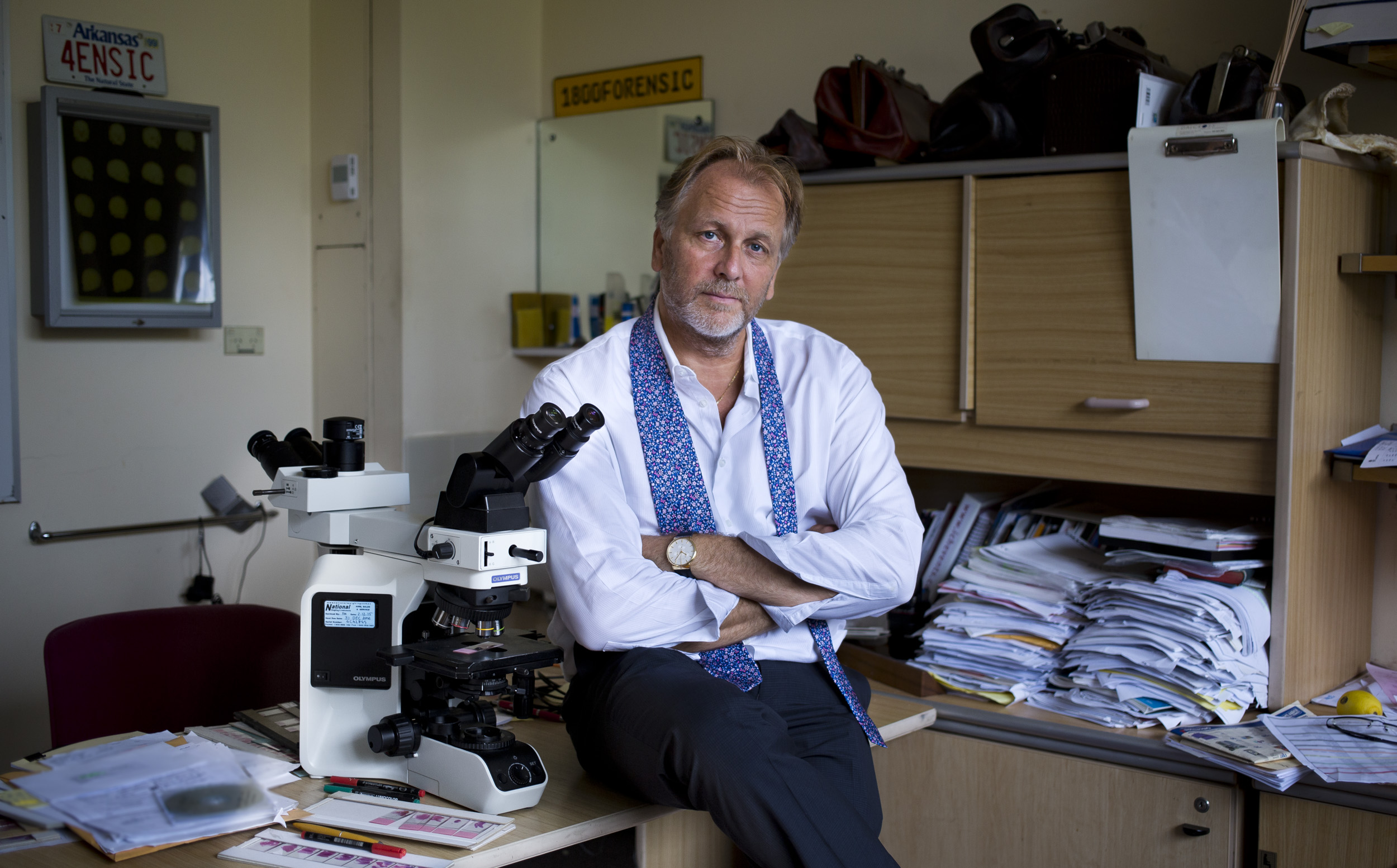
Dr Istvan Szentmariay | Forensic Pathologist
Over the decades I have had the opportunity to learn about a large spectrum of diseases in people on whom I have performed autopsies. It has also been valuable to learn about the wide array of lifestyles and behaviours of society through investigations undertaken and histories provided.
Although we all know that death is as natural as birth, it is difficult to comprehend the death of a loved one, but this is especially so when the death is unexpected. Although there is probably no such thing as the much clichéd “closure”, a detailed understanding of the events or disease process that led to death, despite high tech medicine, certainly helps people to accept and eventually live with the death of their loved one.
Certain amounts of desensitisation to death is inevitable, the complexity of death is inescapable. It is only human to ponder the life story of the deceased person in front of you. Also, emotional discomfort can arise in cases which mirror the pathologist’s personal circumstances, for instance when a pathologist examines a deceased child.
Daily routines before and after the postmortem can be helpful for emotional detachment. It is also beneficial to have good relationships with people in your support network. Discussing the human side of cases helps us to process what we have seen each day.
Avoiding thoughts about spirituality also helps me to remain detached. Although spirituality can be invaluable for bereaved families, I personally don’t concern myself with spirituality in the workplace, because thoughts of what has happened to the deceased’s soul divert attention away from the job of finding a cause of death.
Having control over what happens to somebody after death becomes easier with a combination of experience and professional guidance from others.
Years of exposure to death every day certainly changes both your self-view and your world-view. No amount of experience as a forensic pathologist, however, can erase the mystery that is death.
Can anybody really grasp the concept of the end of their existence?
—Dr Istvan Szentmariay (2018)
Editor's note: Originally from Budapest, Hungary, Dr Istvan Szentmariay is one of Australian's foremost forensic pathologists, called upon to perform autopsies and provide evidence for many of the country's highest profile criminal court cases and investigations.
The Death Letter Project welcomes your comments and feedback. Please feel free to leave a comment on our Facebook page or alternatively submit a message below.